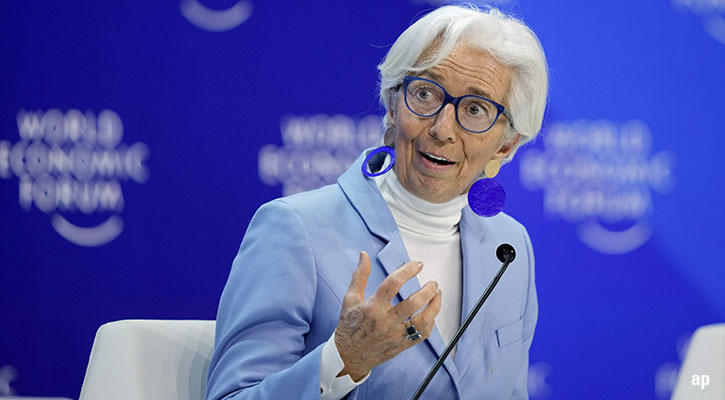"Against the background of a weak short-term economic outlook, youth unemployment has reached unprecedented levels in several member states, with huge human and social costs. Urgent action must be taken." – The European Council
With youth unemployment rates in some Southern European countries already above 50%, the casual observer could be forgiven for feeling somewhat perplexed at this sudden call for "urgent action." However, true to historical form, the EU stands ready to tackle a crisis only after it has been allowed to fester long enough to cause untold—and quite possibly unnecessary—damage. The EU has always been a reactive, rather than proactive, institution. Despairing as this is, it probably cannot be otherwise, given the constant struggle to balance individual countries’ interests to those of the ever-expanding whole.
And so, better late than never! Not that the young unemployed in Greece, Spain or Italy should hope for a speedy resolution to their predicament. Indeed, the only thing the EU can offer is timid financial assistance, plus advice—some would say command—to continue implementing deep structural labour market reforms. After all, supportive labour market policies, which remain the remit of individual governments, cannot jeopardise the prime objective of budgetary consolidation to which the EU as a whole remains utterly faithful.
As such, behind the grandiose rhetoric (for example, "the EU will mobilise all available instruments in support of youth unemployment"), the reality is that the only material change to the so-called "Youth Employment Initiative," or YEI, is that an already budgeted EUR 6 billion will be deployed in two years (2014–15) instead of the originally planned six years. By any measure, EUR 6 billion is a drop in the ocean. Take the case of Spain, which has been allocated EUR 1.9 billion to put to work to the benefit of around 1 million young unemployed (that is, EUR 1,900 per head over two years). Keynesian stimulus this is not!
In the end, hope for the European young unemployed rests on something which at this stage remains somewhat elusive: steady, and above all solid, growth in the economy. In that regard, the most interesting—though perhaps less headline-grabbing—initiative approved at the EU summit is the request made to the European Investment Bank, or EIB, to increase its lending activity to small and medium enterprises, or SMEs, by at least 40% through year-end 2015. The impairment of traditional bank lending channels in Europe remains the key concern, with SMEs—the job-generating backbone of any developed economy—in some peripheral EU countries effectively forced out of business by credit starvation. According to the E.U., the EIB has already identified new lending opportunities of more than EUR 150 billion across a set of critical priorities, including SME access to finance.
Any move to restart lending to SMEs can only be welcome—in fact, it could not come too soon. Even severely anaemic European economies are now showing tenuous signs of life. Eurozone Purchasing Managers’ Index, or PMIs, though still below 50, have been pushing steadily up through the first half of 2013, thus raising credible hopes for an improved performance in the second half of the year. Against this backdrop, restoring the blood (that is, credit) flow has become vital if the competitive-enhancing efforts undertaken by economic agents over the past few years—particularly in the eurozone periphery—are not to be thrown to waste.
To this effect, European economic agents may at least feel comfortably reassured that monetary policy accommodation is to remain in place for a protracted period. In an unprecedented break with tradition, the European Central Bank, or ECB, clearly stated in its July meeting communiqué that "it expects the key interest rate to remain at present or lower levels for an extended period of time." What "extended" means no one knows, although it is entirely dependent on the outlook for price stability, which remains the ECB’s one and only policy objective. All in all, some forward guidance without clear commitment. However, as the eurozone inflationary outlook remains pretty subdued, it can perhaps be safely inferred that "extended" should mean at least "well into late 2014 or even longer."

























